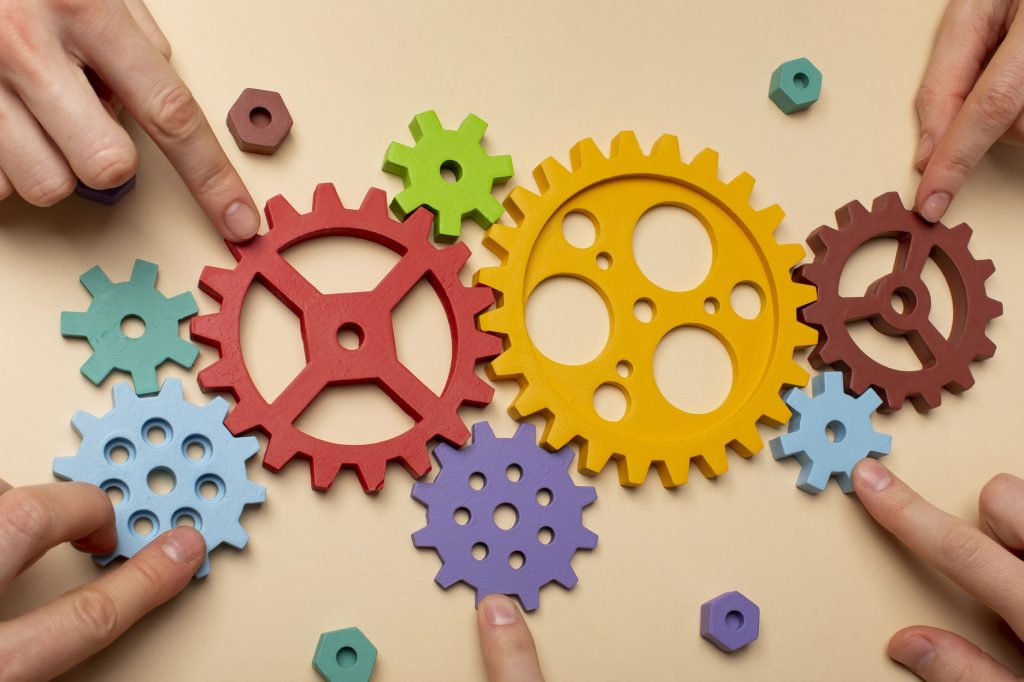Educational mediation is not a simple conflict management tool, which can be used in educational centers to deal with various problems arising from interpersonal relationships between the different members of the educational community, it represents a full right of citizenship, which should be easily accessible and is so important that we should not deny it to young people.
It is important to understand that, if mediation is intended to be the means par excellence by which citizens try to manage and resolve their disputes, we must teach from a young age what it consists of and ensure that young people experience it as an accessible and beneficial process. for themselves and for the rest.
The benefits of mediation are not explained, they are seen
Mediation is not a panacea for all coexistence problems; in fact, mediation does not eliminate or reduce the conflicts that occur in classrooms. This is not something that can be achieved since conflict is inherent to human beings and wherever there is interaction between people there will be conflicts between them.
However, educational mediation does manage to reduce the tension generated by conflicts between people and the number of disciplinary files, because it favors cooperation between members as the axis of change and gives priority to the creation of positive links and raising awareness of the shared responsibility for the climate and coexistence, based on respect, consensus and communication as principles and values assumed by the members of the educational community.

The important thing about coexistence is not to avoid conflicts, that will only cause them to stagnate or become chronic and, finally, explode as problems of large proportions, nor to believe that they do not exist. Adolescents must be made to understand that differences, disagreements and problems do not make us enemies, but rather give us the opportunity to learn and generate opportunities.
The culture of peace is something that mediation can achieve when the latter has been integrated into the educational community and has been established as the way in which conflicts are managed, but also in how they are understood. When all the people in a community contribute with their involvement to the proper functioning of coexistence, it is much easier to guarantee that educational centers are more productive and safe for everyone.
Mediation is the antithesis of bullying
At this point, it is essential to understand that mediation plays a fundamental role in conflict prevention. Mainly, because it changes the paradigm from which they are approached and provides an active role in the management of problems among members, both on the part of the trained people and those who manage their conflicts through the mediation.
Furthermore, when a center acquires the culture of mediation, a much more united community is generated, where there are fewer followers, supporters and passive or active observers of the harasser and his harassment and more and more defenders of the victims appear. Likewise, the latter finds more support and trust in the group, so they find a network that allows them to face this problem, thus avoiding the law of silence.

At the moment in which adolescents are aware of their abilities and have experienced the possibility of managing and solving their conflicts thanks to their own abilities, in a cooperative manner with other peers, they are able to actively face other circumstances and address strategies to regulate their conflicts and improve the quality of their interpersonal relationships.
The student mediator is a healthy and successful adult
The skills acquired by people who come into contact with mediation represent an improvement in their abilities when it comes to addressing future conflictive situations typical of the daily life of any responsible adult. Especially when it comes to creating healthy personal relationships and professional competence.
To develop stable and healthy mental health, it is necessary to know how to establish positive emotional relationships, along with a good self-concept and personal self-esteem. On the other hand, the professional field also plays an important role, so you must be trained in the necessary skills to be successful in this area.
In these aspects, mediation provides the possibility of learning and generating skills, abilities and competencies that will help them in all areas of their life, from this precise moment and at any other time in their adult life.

Those known as soft skills are the most used in the mediation process and are learned through experimentation and use of them in the real context of young people when addressing their conflicts, which is why they represent a significant learning and of incalculable pedagogical value.
Good communication, active listening, initiative, cooperative work, decision making and empathy are the most in-demand skills in the workplace today, but they also represent an advantage in the socio-personal area. All these capacities are practiced through mediation consciously.
That is why it can be stated that educational mediation only implies real advantages and improvements that have a positive effect today, but also, and the benefit it represents for the citizens in the years to come is fundamental.
If you want to know all the details about mediation, enroll in mediation and conflict management before the places end!




